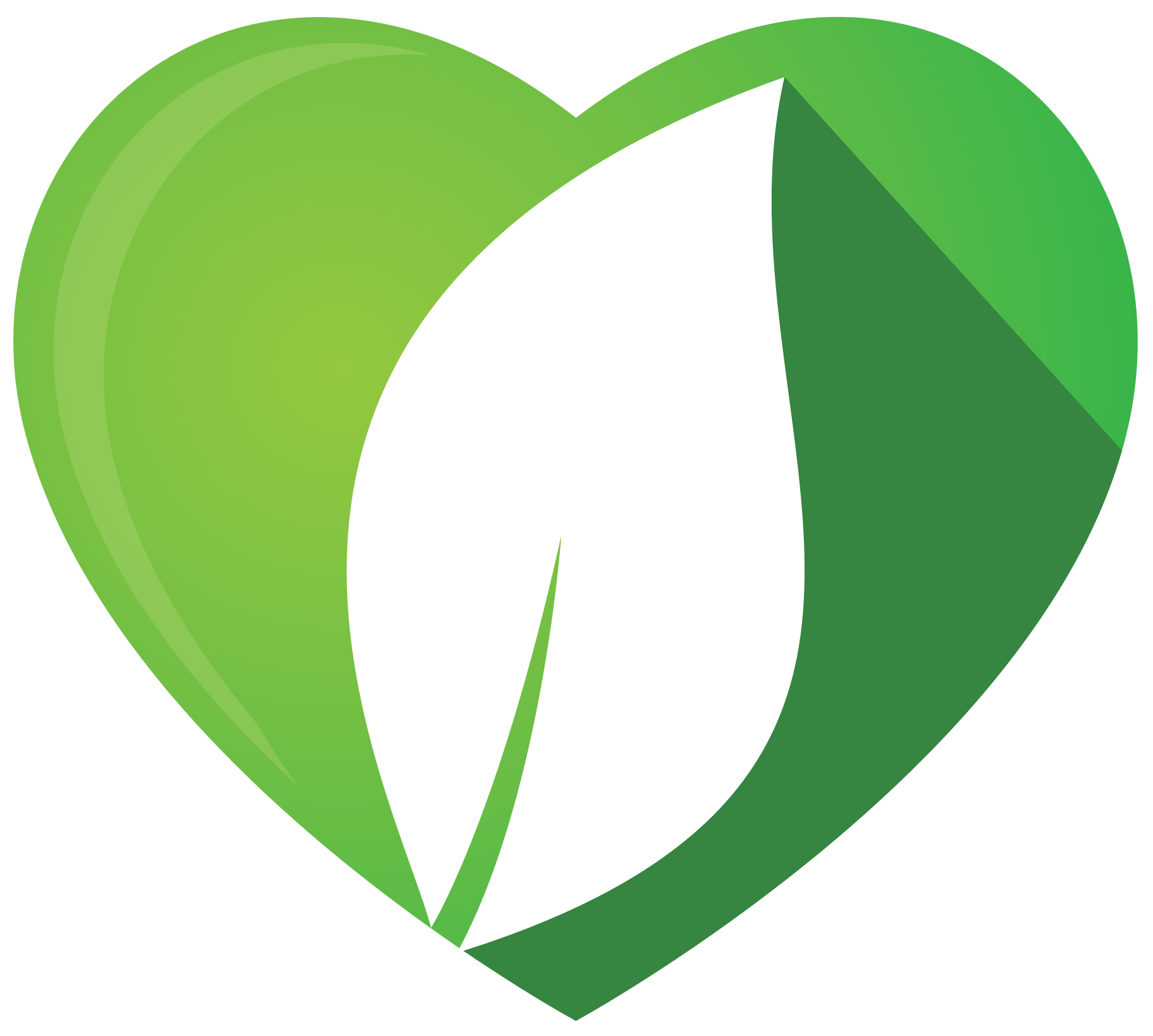Herbal Medicine Assessment & Holistic Coaching with Robert Lutz, L.Ac., LMT
Delivering high-quality, herbal solutions offering a means to health & vitality with formulas that draw on the latest scientific evidence as well as centuries of traditional knowledge.
Herbal medicine often takes a holistic approach, aiming to address the root cause of health issues rather than just the symptoms. This can lead to more comprehensive and lasting healing.
What can herbs do for my health & wellbeing?
Herbal medicine offers a range of potential benefits, including supporting the body’s natural healing systems, managing stress and anxiety, easing digestive issues, and improving immune resilience. Herbal remedies are also used for preventative care and to address specific health concerns like hormone balance, cognitive enhancement, and respiratory support.

Blood Sugar & Metabolism
Healthy blood sugar levels are essential for good health and can support heart, vision, and kidney health as well as improved mood and energy. Explore our supplements that can help maintain healthy blood sugar levels already in a normal range.

Bones, Joints & Muscles
A well-functioning musculoskeletal system helps keep your body healthier and more active, which is important to your overall well-being. Explore these uniquely formulated whole food-based herbal supplements for bone, joint & muscle health.

Brain & Cognition
In order to physically & mentally feel your best, it’s important that your brain is healthy and focused. Explore these whole food-based and herbal brain health supplements specifically formulated to support cognitive functioning, memory and more.

Children’s Health
Protecting your child’s health requires the support of essential nutrients in a form that’s both safe & effective. Supplements are formulated using high-quality ingredients grown on a certified organic farm with no GMOs or artificial ingredients.

Detox & Liver Support
The liver is a vital organ that plays an essential role in your health & wellbeing. It acts as the body’s primary detoxification & filtration system, removing harmful toxins, cleansing the blood and metabolizing nutrients – so, it’s critical to keep it healthy.

Digestive Health
Digestive issues affect daily life. Beyond healthy gut functions, the digestive system plays a key role in the response of the immune system. Explore nutrient-dense supplements formulated to support digestion, immune system function & more.

Fish Oils & Omega 3s
The American diet is high in omega-6 fatty acids & low in omega-3s, which can tip a healthy body out of balance & incur inflammation. Supplements can support cardiovascular & brain health, healthy skin & eyes, mood challenges and more.

Fitness
Staying active is important, and proper nutrition provides a good foundation for performance. Specialized nutritional support helps address overtraining & fatigue. Supplements support joint function, bone health, mineral absorption & more.

General Wellness
High-quality nutrition is essential to maintain a healthy body, yet busy lifestyles make that difficult to achieve. Whole foods deliver key nutrients to support positive outcomes. Consider whole food-based, nutrient-dense, health supplements.

Healthy Aging
As you age, your body continues to go through changes that can alter your nutritional needs & may increase the risk of deficiencies. Supplements are formulated to provide essential nutrients supporting healthy bone mass, cellular health & more.

Heart Health
The cardiovascular system plays a central role in everyday activities, such as exercise, stress regulation and temperature control. Keeping it healthy is essential to keeping your body healthy. Explore our cardiovascular health supplements, formulated with nutrient-dense, whole food-based and herbal ingredients to support healthy coronary blood flow, the body’s natural inflammatory response function and more.

Immune System
Keeping a healthy immune system is the foundation of living life to the fullest. Explore our high-quality, whole food-based immune health supplements that deliver complex nutrients the way nature intended. They support the immune system’s functional outcomes, support normal inflammatory processes, and more.

Men’s Health
Through each phase of life, your body and nutritional needs change. Explore our line of nutrient-dense men’s health supplements that are uniquely formulated to support your specific needs. They support male reproductive system health, male hormonal health, libido, vitality and natural aging.

Sleep, Stress & Mood
There are many things we deal with in our lives that can throw us off balance and contribute to challenges such as mood fluctuations, even unhealthy sleep habits. Explore these whole food-based and herbal supplements for occasional stress relief, occasional sleep and mood support that are uniquely formulated with the nutrients our bodies need to return to balance.

Vitamins & Minerals
To keep our bodies functioning optimally and feeling good, it’s important to get the right vitamins and minerals. Our unique, high-quality formulations support the immune system, bone health, cellular repair and so much more. Explore these whole food-based vitamin and mineral supplements developed to support a healthier body and lifestyle.

Women’s Health
As we grow and our bodies transform, the nutrients we need for optimal health change with us. Explore our full line of whole food-based and herbal health supplements for women, formulated specifically to support the evolving needs during each phase of a her life – supporting menstruation, reproductive health, libido, menopause, healthy aging and more.

Performance & Athletics
There are many things we deal with in our lives that can throw us off balance and contribute to challenges such as mood fluctuations, even unhealthy sleep habits. Explore these whole food-based and herbal supplements for occasional stress relief, occasional sleep and mood support that are uniquely formulated with the nutrients our bodies need to return to balance.
Herbal medicine is gaining popularity as people seek natural alternatives and holistic approaches to healthcare.
Herbal Medicine Assessment & Holistic Coaching with Robert Lutz, L.Ac., LMT
Prescribing Standard Process herbs requires a careful & individualized approach to each client.
While many find herbal medicine beneficial, it’s crucial to be aware that not all herbal products are created equal, and some may interact with conventional medications or have potential side effects. It’s always recommended to consult with a qualified healthcare professional before using herbal remedies, especially if you have existing health conditions or are taking other medications.
Robert prioritizes your safety by considering potential interactions and recommends products based on a thorough assessment of your needs.
Book a session with Dr. Robert Lutz at:
White Crane Acupuncture Clinic
210 S. Pinellas Avenue
Suite 112
Tarpon Springs, FL 34689
Call for appts (727) 942-4249
Acupuncture treatment days at White Crane are Monday, Thursday & Friday.
Massage Therapy sessions are available every Wednesday 9:30am to 4:00pm.
At White Crane, we blend ancient wisdom with modern expertise to restore harmony & wellbeing. From acupuncture to herbal medicine, cupping & massage, discover natural therapies that truly heal.
WhiteCraneClinic.com
License #MM39058
Accepting Insurance
For appointments with Robert, call:
For questions about services, email:

“I offer alternatives to harsh drugs & invasive procedures when practical & safe to do so. I believe in supporting the healing qualities & wisdom of the body. Clients receive quality care with uninterrupted attention for 30-60 mins or longer per session.”
FL Massage License # MA100097
FL Acupuncture License # AP3724